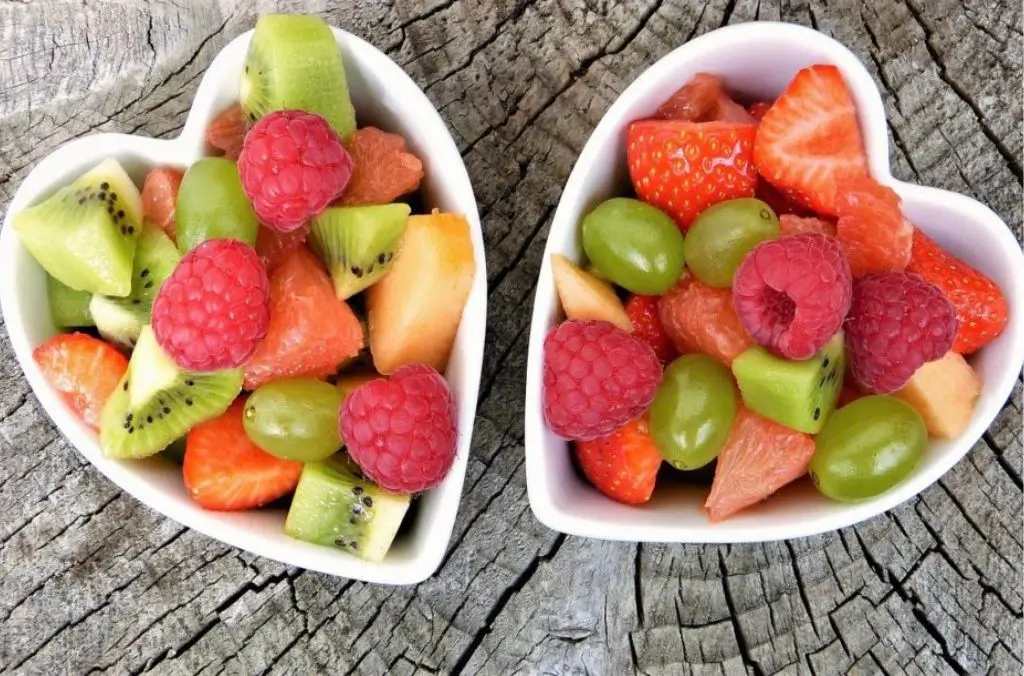For many, making the decision to have a aesthetic surgery It involves a period of much meditation, especially if it is the first time. If you have made up your mind and your surgery will be soon and you want to know the diet you should follow afterwards, stay, this article may interest you.
One of the details that you cannot overlook is that you must follow a diet that helps your body recover quickly and without complications.
Foods to consume after cosmetic surgery.
Among the key foods that are most recommended to help the body heal are:
- Vegetables, vegetables and fruits. Ideal as they help you maintain your weight even after surgery, they are rich in vitamin C and having a high fiber content, they favor the gastrointestinal tract, preventing constipation.
- Water, jellies and fruit juices. Liquids like these promote hydration of the skin and tissues.
- Chicken, meat and turkey. Lean meats, due to their high protein content, cannot be missing from this list. Protein is necessary for the correct healing and renewal of muscle tissues, creation of new vessels and connective tissue. In addition to helping to reduce inflammation.
However, the diet may vary depending on the area where the surgery was performed.
Dieta posterior a Cirugías Faciales
En el caso de que te hayas realizado una blefaroplastia, lifting facial o una rinoplastia, tendrás que tener en cuenta lo siguiente:
- Liquid diet. During the healing period of this type of intervention, it is advisable to consume liquid and soft foods, in order to make as little facial movement as possible, which will allow you to feel less pain and the wounds will not be affected.
- Avoid consuming hot foods. They could affect your recovery and cause inflammation to worsen, as well as bleeding.
Diet to follow after abdominal surgeries
If you have just had a tummy tuck, keep in mind:
- Foods rich in fiber. They help intestinal transit and prevent constipation. Some of them can be nuts, cooked vegetables and fruits.
- The consumption of vegetables and greens should be moderate. Within this classification there are some foods that can generate gases, such as: cauliflower, spinach, raw onion, cabbage, among others.
- Avoid foods that cause gas. Cereals, legumes and tubers are foods with a high fiber content that in most cases the intestine cannot digest easily, causing them to accumulate in the colon. In this way, the bacteria found in the intestinal flora begin a fermentation process to digest these fibers, generating a lot of gases.
- Do not consume carbonated or carbonated drinks. These types of drinks tend to generate gas, making post-operative recovery painful and uncomfortable.
Diet after liposuction
In the case of liposuctions, where a large amount of fat has been lost, reducing body volume, it is necessary to have a diet rich in:
- Proteins. Since tissue has been removed from the body, the protein will help tissue production leading to more effective recovery.
- Liquids. Ideal to gradually restore the dose lost during the operation.
Last but not least, foods rich in vitamins A and E They cannot be left off the list. These vitamins have a high antioxidant power, in addition to helping the formation of fibroblasts and collagen.
So, take into account the instructions given, and remember that a balanced diet will be beneficial even after the recovery period.
It is recommended that you consult your doctor about other possible foods you can eat, depending on the type of cosmetic surgery you have and your personal condition.




